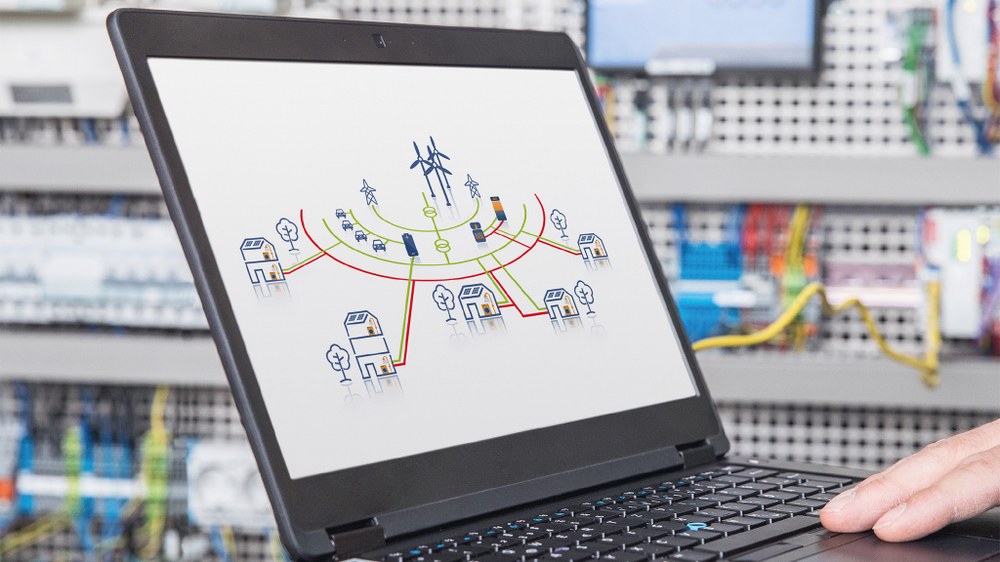FVEE names recommendations for the next phase of the energy transition – DLR researchers appointed as expert contacts

- In a recently published impulse paper, the FVEE addresses politics, industry and research with a structured list of tasks.
- A holistic view, including cross-sectoral aspects between heat, electricity and mobility, is crucial.
- With Carsten Agert (on the topic of "technological aspects") and Patrick Jochem (on the topic of "social framework"), two specialist contact persons from the Institute of Networked Energy Systems have been appointed.
- Focus: Energy, energy systems, sector integration, knowledge transfer

Anyone who wants to implement strategies for an accelerated energy transition must take a holistic view of the energy system with all its cross-sectoral aspects between heat, electricity and mobility. This is emphasised by the Research Association for Renewable Energies (FVEE) in a recently published impulse paper, which is aimed at politics, industry and research with a structured list of tasks. Prof. Dr Carsten Agert (on the topic of "technological aspects") and Dr Patrick Jochem (on the topic of "social framework") from the Institute of Networked Energy Systems have been appointed as contact persons for two key topics at DLR.

The FVEE publication "Recommendations for action for the next phase of the energy transition - driving forward the integration of the energy system" (only available in German) has become urgently topical as a result of the war of aggression in Ukraine. In addition to the requirement to reduce greenhouse gas emissions, the geopolitical importance of renewable energies for a secure supply of electricity and heat has now also come into focus. The FVEE's recommendations for action are also related to a series of legislative changes to accelerate the energy transition, which the Federal Ministry for Economic Affairs and Climate Protection has announced for mid-April. A key objective is to significantly increase the expansion of wind and photovoltaic systems for electricity generation.
Against this backdrop, the FVEE identifies the steps required to integrate the rapidly growing volumes of electricity into the energy system in a beneficial way. The focus is on the goal of a flexible energy system that integrates very large quantities of volatile wind and solar energy. To achieve this, it must be able to react flexibly to fluctuations in supply and demand and link the many decentralised generators and storage systems technically and digitally in such a way that all flexibility options are integrated into an optimal overall result. The tasks ahead therefore include the development of technical flexibility options, the digital networking of system components and far-reaching reforms in the areas of regulation and market design. Society must also support the changes in energy infrastructure and utilisation.
About FVEE
The FVEE is a nationwide co-operation of research institutes. Its members research and develop technologies for renewable energies, energy efficiency, energy storage and the optimised technical and socio-economic interaction of all system components. The aim is to transform the energy supply into a sustainable energy system. DLR is one of around 15 member organisations in the FVEE.
